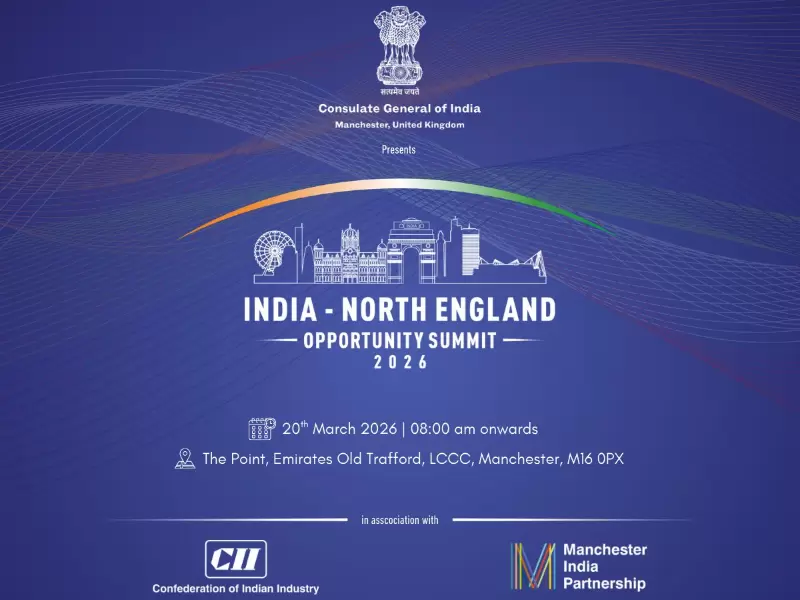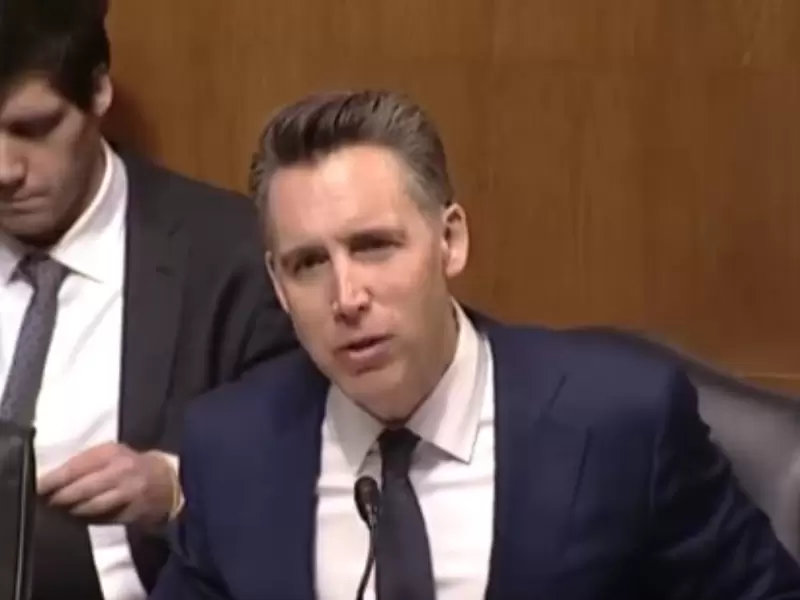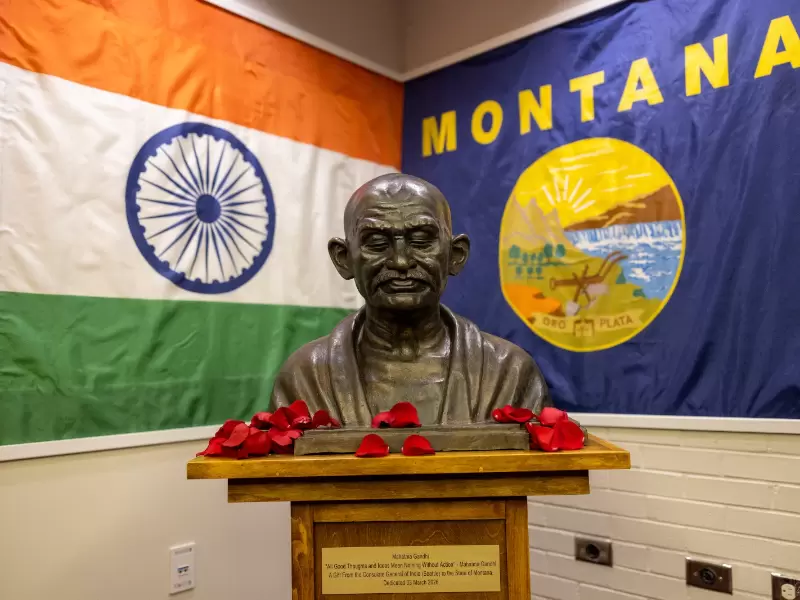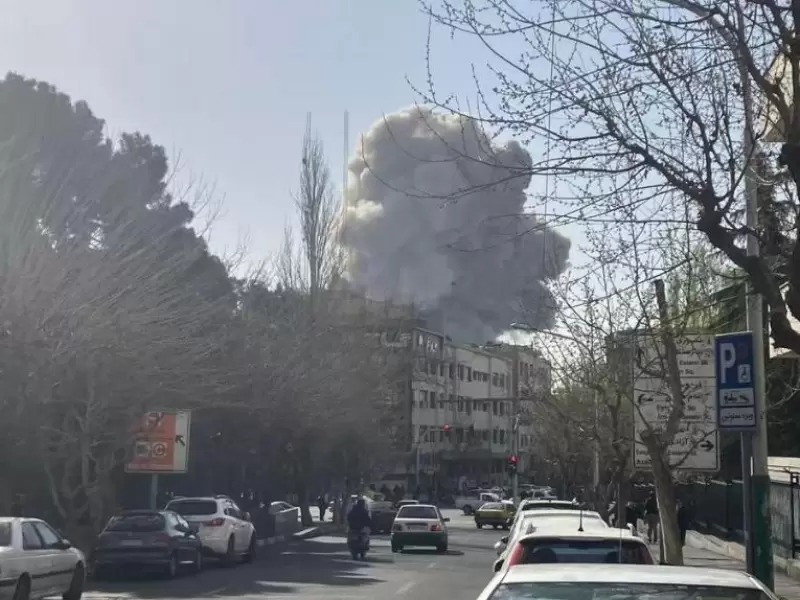India inflation likely dropped to an eight-year low in July: Reuters poll
The benign inflation outlook gives the RBI more room to support the economy, which is under pressure after U.S. President Donald Trump sharply raised tariffs on Indian goods.
.jpg) Vendors selling vegetables wait for customers in a wholesale market in the old quarters of Delhi, India, August 7, 2025. / REUTERS/Bhawika Chhabra
Vendors selling vegetables wait for customers in a wholesale market in the old quarters of Delhi, India, August 7, 2025. / REUTERS/Bhawika Chhabra
Cooling food price rises likely reduced India retail inflation to an eight-year low of 1.76 percent in July, below the low end of the Reserve Bank of India's 2 percent to 6 percent tolerance band for the first time in over six years, a Reuters poll of economists showed.
Despite uneven monsoons, a strong spring harvest has helped India keep a lid on food prices, extending the country's longest disinflationary streak in more than a decade.
The RBI left rates unchanged at 5.50 percent, as expected, on Aug. 6 and said the inflation outlook was "more benign".
The annual change in the Consumer Price Index (CPI) eased to 1.76 percent in July from 2.10 percent in June, according to the median forecast from an August 4-8 survey of 41 economists. Forecasts ranged from 1.10 percent to 3.10 percent.
ALSO READ: India holds rates as expected but flags risks from US tariffs
If correct, this will mark the ninth straight month inflation has fallen.
"We are expecting food inflation to be lower, to contract on a year-on-year basis...we continue to see this moderation on the back of healthy supply coming from last year - that's bringing about this disinflationary trend," said Sakshi Gupta, principal economist at HDFC Bank.
"Although on a month-on-month basis, certain vegetable prices have gone up - for instance, onion and tomato prices - but that increase has been very moderate and lower than the usual seasonal trends."
Inflation was expected to average 3.40 percent this fiscal year, slightly above the RBI's 3.10 percent forecast, a recent separate Reuters poll showed.
The benign inflation outlook gives the RBI more room to support the economy, which is under pressure after U.S. President Donald Trump sharply raised tariffs on Indian goods.
"Given the challenging external environment, high U.S. tariffs on Indian goods, a general environment of economic uncertainty and weakening domestic activity indicators growth may disappoint," said Dhiraj Nim, an economist at ANZ. "Inflation could undershoot the RBI's revised projections but is unlikely to drive further easing."
Core inflation, which strips out volatile components like food and fuel and better reflects domestic demand, was expected to have fallen to 4.20 percent in July, down from an estimated 4.30 percent in June.
The Indian statistics agency does not publish official core inflation data.
Inflation based on the Wholesale Price Index (WPI) was expected to have edged down to -0.30 percent in July from -0.13 percent in June, the poll showed.
ADVERTISEMENT
ADVERTISEMENT
E Paper
Video




 Reuters
Reuters.jpg)













Comments
Start the conversation
Become a member of New India Abroad to start commenting.
Sign Up Now
Already have an account? Login